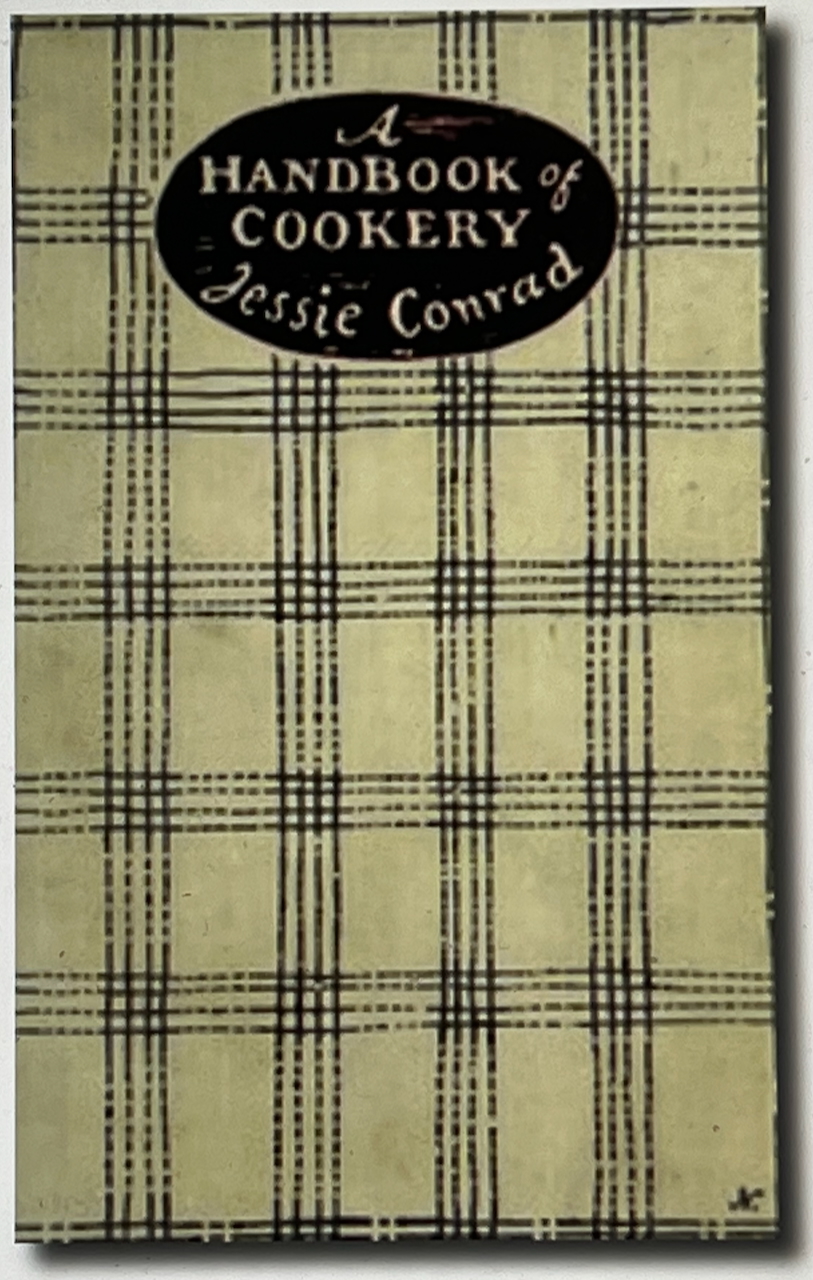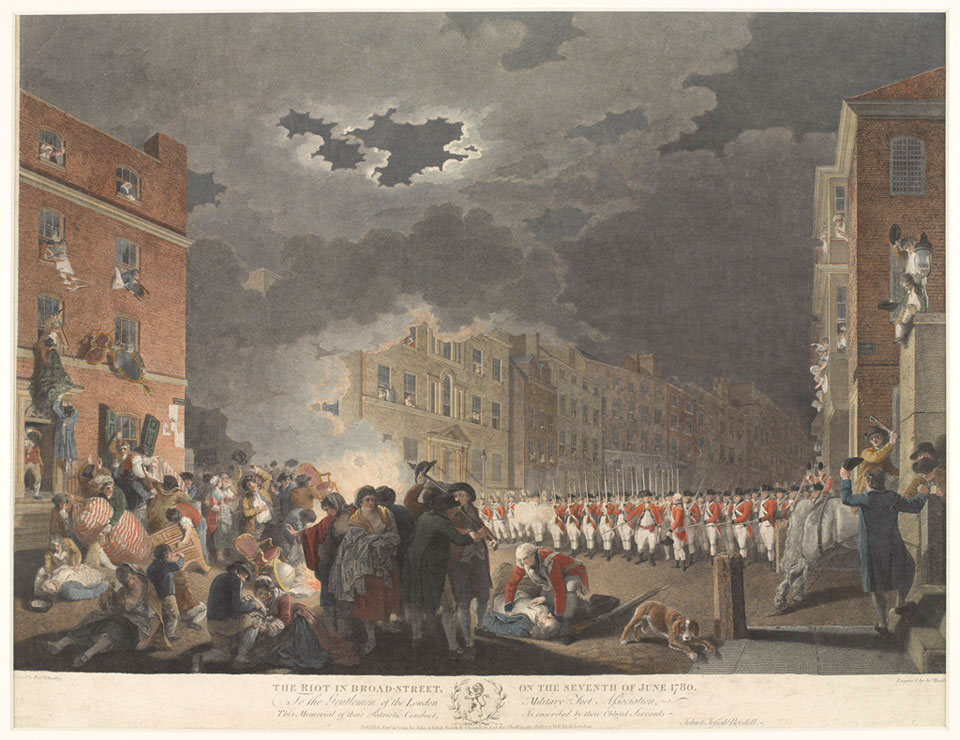Young Man Addresses the Crowd: TCR at the DNC
September 29, 2024

On the last evening of the Democratic National Convention in Chicago, the reporter boarded a delegate bus for the United Center. As they waited to leave McCormick Place, the young man sitting next to him introduced himself as “a California delegate at the DNC” and said he had hoped to be asked to speak to the media. In fact, he said, he had not found like-minded people at the convention to talk to at all. The reporter gladly turned on his recorder.
“I really have a love for politics,” the young man said. “I love to help our local communities, I’m a school board member in California, and I’ve done work on the California School Board Association legislative advocacy team. I’m also interning on a local supervisor campaign…. I’ve been a delegate to many of the state Democratic party conventions. And I really wanted the opportunity to be able to go to the DNC and support Kamala Harris. The convention, originally it was Joe Biden when I ran for delegate, but then when he dropped out, I was very happy to support Kamala Harris. And I’m here to really thank President Biden for his service and excited to see him pass the torch to Kamala to be the new bearer of the Democratic Party in this election.”
The reporter thought that maybe with this sort of engagement the country would be okay.
The young man said, “I’m going into my senior year of college…and right now I’m 20 years old, 21 when I graduate. […] I think public service is a calling. I’m at a point in my life where I’m not 100 percent sure where I’m going. I’m looking at maybe public administration or working on drafting public policy. I’m very happy in doing what I am now in terms of working on a political campaign, being able to talk to voters, have conversations on what are their priorities in our [local municipal] election. Also, just being a student, just making sure I continue to get good grades, and I’m a good force on campus, and then just continuing my work statewide, meeting with statewide partners on advocating for educational reform, and also working within the Democratic Party to support public education.”
The reporter thought maybe this was what it was like to run into George Stephanopoulos in 1981.
“I was not always politically involved,” the young man said. “But when I was 12 years old I really saw Hillary Clinton, I was really inspired by her run, her policies I thought were amazing, I thought she was very commonsense, very willing to work with everyone to find solutions. I was really excited about her in that election, so I signed up at my local Democratic Party campaign office and did a bunch of phone calls for her, went up to Nevada to canvass for her, and ever since Trump won in 2016, I was like, well, I’m not just going to sit on the sidelines, I really want to try to fight this….”
He spoke at length about battles at the precinct level in his own city. The reporter waited another five minutes for a pause then thanked him and turned off his recorder to signal they were done. The young man continued to talk.
The reporter had a good idea. He said he would like to get a photo in case the interview got used. The young man art-directed his own shoot, looked at the photos, and asked the reporter to try again. He liked that shot, the one where his face was most excited-looking, and began to talk.
I can do this, the reporter thought at Interview End +15. I’ve paid a lot of money to be a better person.
Fellow passengers looked back and gave the reporter looks. Many people were talking, but the young man’s voice bounced off the heads of the ladies in front of them and back into the reporter’s face then out in concentric waves that continued to bounce around inside the bus. The reporter did not know how to stop it.
At Interview End +20 the reporter tried to concentrate on how they were passing the Hilton across from Grant Park, epicenter of the history-making DNC in ’68. The stench of tear gas and stink bombs had reached Hubert Humphrey in his room. Norman Mailer, in his “Siege of Chicago,” had written of himself in third person, as if his personality had split with the stress and chaos of the times.
The young man talked another 40 minutes. The bus crawled through rush hour and the security perimeter at the United Center, where Harris would make her speech. There was no bathroom or water on the bus, and no exiting it. The last 20 minutes they sat still in a long line of buses, with a view of a chain-link fence and concrete security barriers.
By then the reporter had let his soul go for a walk. When it came back to him, the bus was quiet except for some clucking and pshht noises around them as the young man talked. The driver finally parked the bus in the Secret Service corral, and everyone stood to flee. One of the women in the seats in front of them stretched and looked at the reporter with a face so quietly expressive that it felt over-intimate. She shook her head almost imperceptibly, and the reporter smiled and looked down shyly as if to say, Please don’t blame me, it’s just politics.






